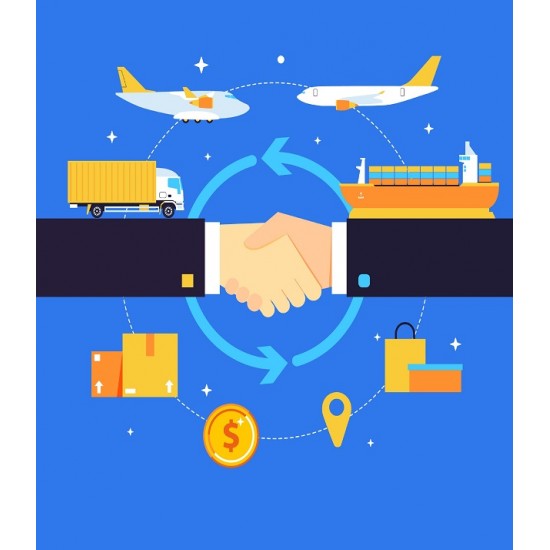
Development in the logistics network - Online Training
$750.00
The cost of a course changes depending on the venue
Objectives
- That the transfer and marketing of petroleum liquids and oil derivatives from sources of refining involve many distinct processes, including the mechanism of marketing petroleum products locally and globally in line with the requirements of the market according to international price system and the development and implementation of a successful and successful work strategy in how to negotiate with suppliers and control of external sources and planning the marketing and logistics In a competitive environment in addition to the technical transport operations of storage, loading and transportation of production operations and oil refineries by tanks, sandals, cars, railway tank, The fuel is delivered by tanker trucks to the service stations, commercial and local accounts and liquid storage stations. These activities include laws and regulations to reduce the occurrence of oil accidents and spills affecting the human and the environment. International standards on the safety and health of the transfer and marketing of petroleum products, emissions reduction and control of the transport and marketing of petroleum liquids must be adhered to by placing storage and transport equipment used in four categories:
- Automobile tank rail, tank trucks, sea vessels: load, transit, and losses supply of weights.
- Service Centers: Most losses decrease fuel and underground tank breathing losses.
- Car tanks: refueling losses.
- Large storage tanks: breathe, work, stand storage losses.
Who Should Attend?
- Logistic Managers
- Staff Logistics
- Freight and unloading sector
- Experts in the supply chain and logistics
Seminar Outline
- The mechanism of marketing petroleum products locally and globally in line with the requirements of the market according to the international price system principles to develop and implement a successful and successful business strategy
- How to negotiate with suppliers and monitor external sources
- Planning the marketing process and logistics within a competitive environment
- The relationship between marketing and logistics, the need to communicate between these functions, the impact of customer service levels and trade on the cost profiles
DAY 1
- Effectively manage supply chain; raise cost barriers, barriers and silos
- Types and methods of transport of oil and petroleum products
- The basics of pipeline construction, operation and protection
- Compressor pumping stations. Instrumentation and control
DAY 2
- Measurement and measurements for oil and gas.
- Traffic management, and fire safety regulations.
- Global production scenarios, oil supply scenario, quality control, distribution and handling methods
DAY 3
- Storage of petroleum products in fixed facilities. Standards and regulations.
- Oil Economics
- The role of international oil companies and OPEC pricing mechanism and determine the mechanism of pricing in the market according to supply and demand and other control over the mechanism of prices
DAY 4
- Maintaining the sustainability of oil and its products
- General safety laws related to the control of emissions and oil spills that may occur during storage, loading, unloading and transport operations
- Train those responsible for transport operations for training in dealing with accidents resulting from oil emissions and spills


